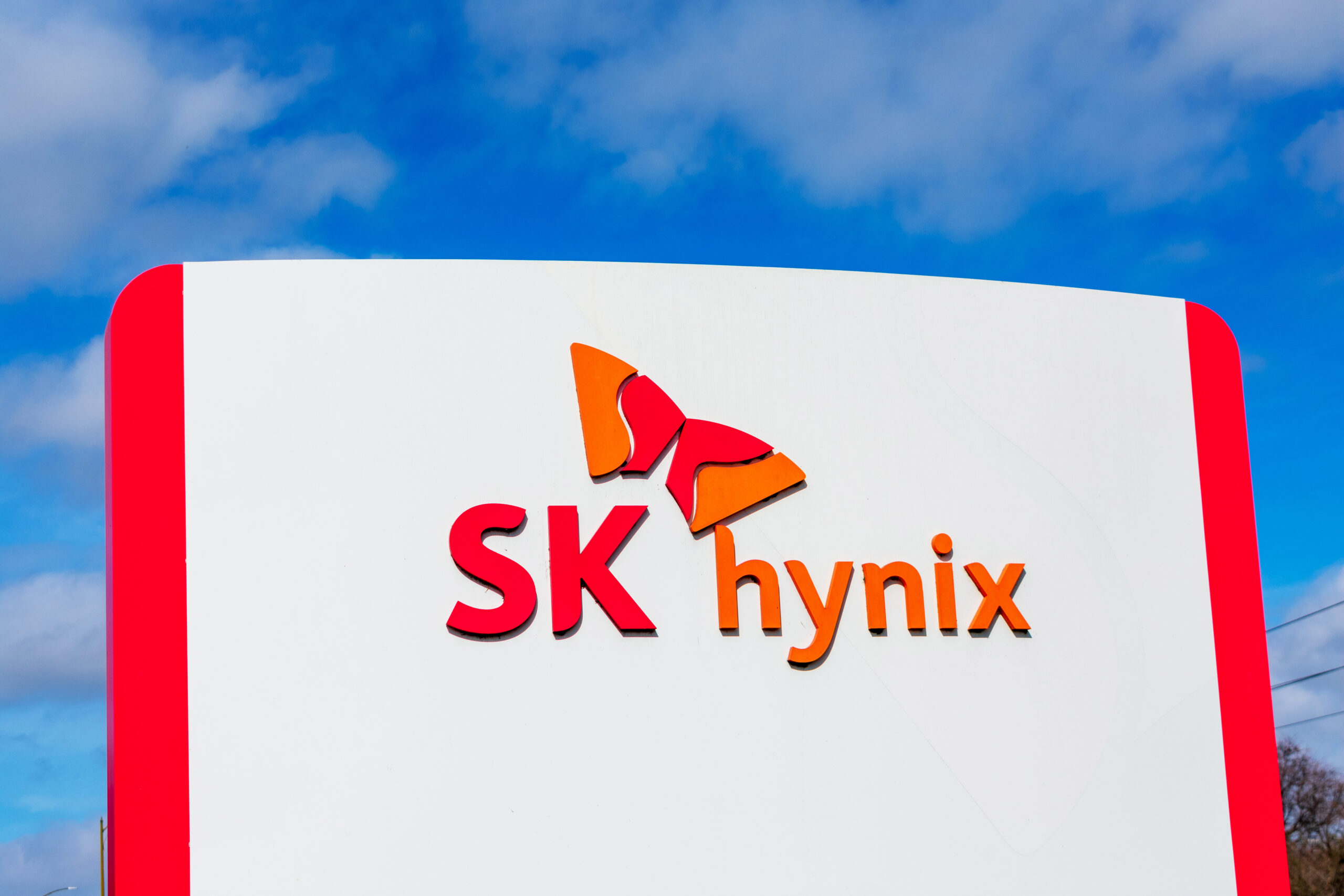New Research Highlights Risks Associated with Top Governance Tokens

De.Fi is a Web 3.0 blockchain research firm that has published insights about cryptocurrencies that operate as governance tokens. The research indicates that around 75% of all governance coins possess risks such as contract breach points, passive ownership, and special permission wallets.
The researchers at the firm claim that the risk is present in the top governance coins that have the largest trading volume. At the same time, researchers say that the coins falling into this category may pose threats associated with security and exploits.
The analysts have pointed out that only 16.6% of cryptocurrencies in this group have multi-sig wallets for administrators. These wallets require 5 pieces of private keys to approve a single transaction. This type of setup ensures that the threat around phishing and malware is reduced to prevent hack attempts.
Meanwhile, the same report also postulates that contracts in 38% of this group utilized externally managed wallets or proprietor accounts. This indicates that a wallet that reserves the rights may make independent decisions to make trades at any given time.
Analysts believe that the level of risk associated with individual governance tokens depends on the nature of permissions assigned to the project.
De.Fi Researchers Ask Investors to Conduct Research Before Investing in Governance Tokens
The researchers have raised many concerns regarding the permissions and administrative practices of governance coins. The report suggested that it is possible that some administrators have the ability to assign a protocol fee based on market competitive prices using the wallet privileges.
However, if the protocol decides to opt for changes such as integrating price oracles and vaulting strategies into contracts instead of critical addresses, the investors of the project may have to face direct danger of uncertain costs.
At the same time, De.Fi analysts noted that around 6.8% consists of hidden proprietorship that enables the developers to revoke proprietorship and veto entries. Additionally, only 10% of tokens comprise renounced contracts that indicate that the owners have deposed the right to make any changes to the core protocol or governance model in order to improve decentralization.
The report suggests that a considerable amount of projects grant the entire treasury rights to a single wallet administrator. Since these wallet operators are usually pseudonymous; DAO participants do not have the means to identify the real operator of the fund. Such a scenario can lead to billions of dollars exposed to risks such as access control, rug pulls, and exploits.
Governance Protocols
It is important to note that governance tokens are a type of digital asset that allows investors to reserve the right to take part in the process of protocol administration via votes or DAOs. De.Fi has a database called Rekt that indicates top governance cyberattacks taking place leading to an aggregate loss of $414 million.
The list of compromised projects is inclusive of a flash loan attack at Beanstalk Farm, a malware attack on Tornado Cash, and a smart contract exploit of Multichain. The head of research at the firm also added remarks regarding the matter.
Risks Associated with Governance Models
Bordarenko noted that various firms that operate governance tokens have assigned cybersecurity teams and practices that are not publicly declared or tracked on-chain. He further stated that it is not compulsory that if the governance parameter indicates that the coin has security vulnerabilities it will experience a breach in the future.
Another alarming observation noted by the report postulates that around 14% of all coins have contracts that do not have any governance mechanism and do not share their absence with their investors.
The report also published infographics breaking down all governance coins into different sets based on proprietorship rights.
The graph indicated that only 10% of the projects in this category have renounced wallets while 1.20% of the total protocols use the timelock system. At the same time, the graph indicated that only 8 projects utilized specified governance protocols.
Tokenhell produces content exposure for over 5,000 crypto companies and you can be one of them too! Contact at info@tokenhell.com if you have any questions. Cryptocurrencies are highly volatile, conduct your own research before making any investment decisions. Some of the posts on this website are guest posts or paid posts that are not written by Tokenhell authors (namely Crypto Cable , Sponsored Articles and Press Release content) and the views expressed in these types of posts do not reflect the views of this website. Tokenhell is not responsible for the content, accuracy, quality, advertising, products or any other content or banners (ad space) posted on the site. Read full terms and conditions / disclaimer.




